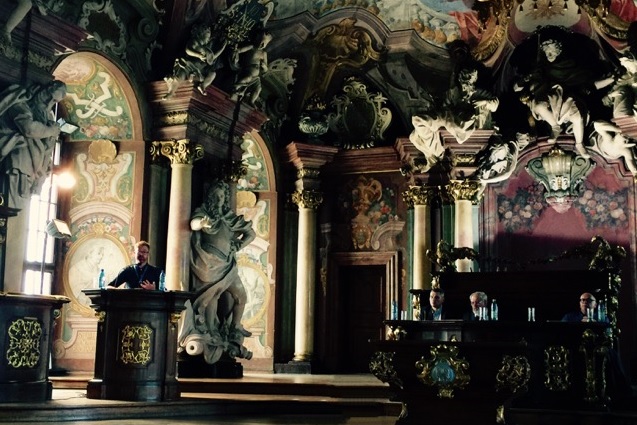The Law of Disorder

The research looks at the relation between law and disorder. Legal concepts are usually framed as being a part of the everyday social order. However, in moments of disorder we find the legal system stripped of its conventional architecture: the monopoly of the use of force, the control of territory and populations, the authority of the legislature, the constitutional unity of the people, or law’s claim to neutral universal protection. In moments of disorder, law as an institution and a basis of the social order is questioned. The problem with extant ideas of the law of disorder is that they start from law’s ‘normalcy’. The ‘Law of Disorder’ reverses the priority wherein law is the horizon of meaning for understanding disorder. Instead it places the emphasis on thinking from within the ‘disordered’ event, attempting to see beyond the conventional legal understanding of constitutional ‘origins’, criminal prosecution and balancing of rights. During the ISRF fellowship, rather than beginning with war, the state of exception or transitional justice (all points of interest for ‘the Law of Disorder’), the project will focus on protest crowds. These reveal essential questions about law and social order. The project will analyse how the protest crowd generates an atmosphere in the space it occupies. From the square or park, sometimes this atmosphere begins to seep outwards, gradually settling upon the city or even the state (as a sense of crisis). Take for example the atmosphere of Madrid or Athens at the height of the Indignados occupations. In this new atmosphere, there is a revision of the type of political settlement that is realistic and possible, evidenced in Greece by the emergence and success of Syriza, the anti-austerity party.


